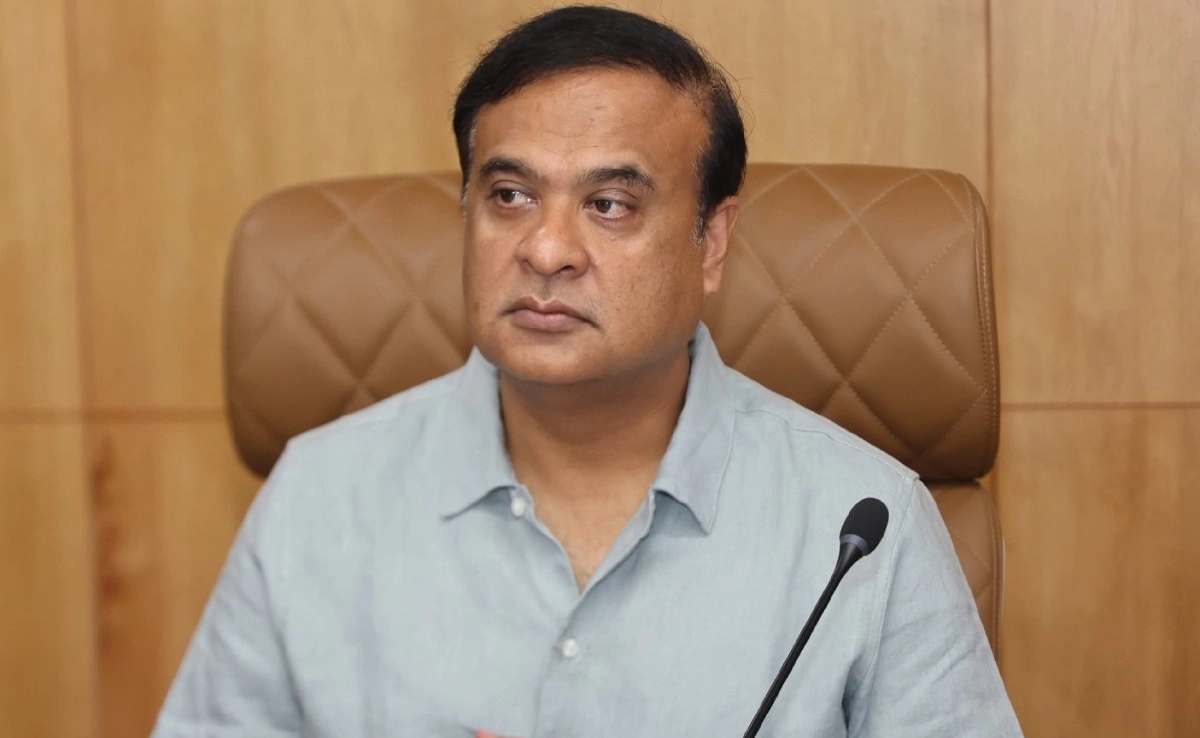The Karnataka government is contemplating the inclusion of the ancient Indian epic, the “Ramayana,” in the school curriculum, a move that has drawn both support and criticism. This initiative aims to promote cultural heritage and instill values that are often highlighted in the epic, such as duty, righteousness, and devotion. Proponents of the idea argue that introducing students to the “Ramayana” can enhance their understanding of Indian history and literature while fostering a sense of identity rooted in traditional narratives. Supporters believe that the stories and teachings contained within the “Ramayana” can provide moral guidance and serve as a source of inspiration for young minds navigating contemporary challenges.
However, the proposal has also sparked debate among educators, parents, and policymakers. Critics express concerns about the potential for religious bias and the appropriateness of integrating religious texts into secular education systems. They argue that the inclusion of the “Ramayana” could alienate students from diverse backgrounds and faiths, potentially leading to divisions within the classroom. Additionally, there are apprehensions regarding the curriculum becoming overly focused on a particular narrative, thereby overshadowing other vital aspects of India’s rich and diverse heritage.
The discussions surrounding this initiative highlight the broader issue of how educational systems can balance cultural education with inclusivity. As Karnataka evaluates the potential benefits and drawbacks of this proposal, it underscores the importance of creating an inclusive curriculum that respects and acknowledges the plurality of Indian society. The challenge lies in ensuring that students receive a well-rounded education that celebrates various cultural narratives while promoting unity and respect among different communities. Ultimately, the decision will reflect not only on the educational policies of Karnataka but also on the values that the state seeks to instill in its future generations.




